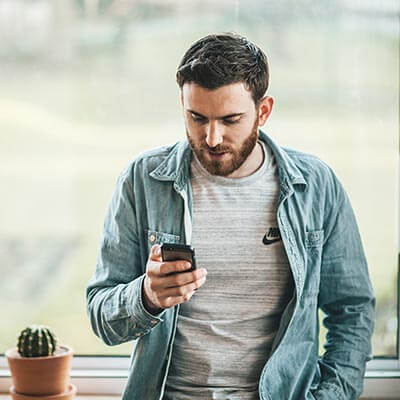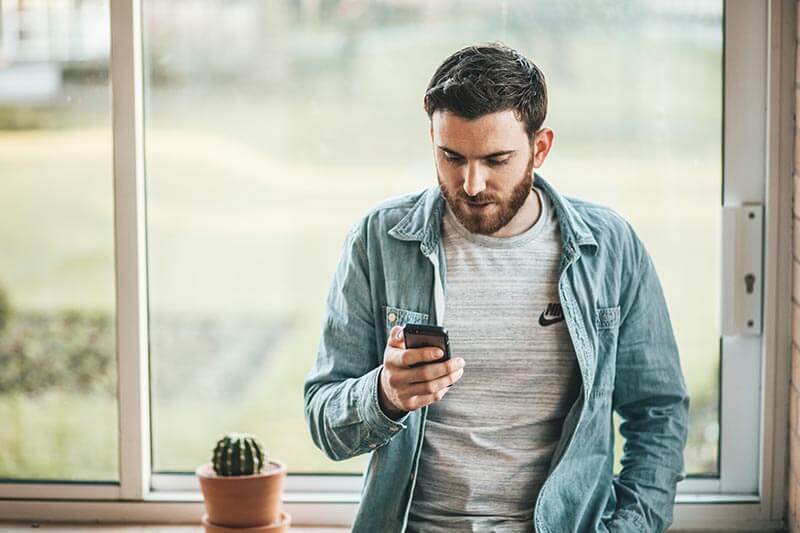Sports are cancelled. Concerts are cancelled. Proms, parties, and weddings are cancelled. As many of us shift to a more socially distanced lifestyle for a while, it can start to feel like fun, in general, is cancelled.
If you’re feeling lonely or struggling with cabin fever, you’re not alone. Large scale self-quarantines are new to many of us, and we’re all wondering how to feel normal when everything is, well… not normal. Luckily, this isolation comes in a time of great connectedness. With the internet at our disposal, here are some fun and clever ways to feel connected even when we’re physically apart.
1) Watch a movie together, apart
Those born in the ‘80s and earlier might remember calling each other and tuning in to the same television show. Now, with streaming platforms, it’s just as easy. Services like Netflix Party allow you and a remote friend to start shows and movies at the same time. Call each other, or set up a Zoom room, and enjoy a show.
2) Go on a virtual field trip
Most of the world is now at your fingertips. From touring the Louvre in Paris, to watching all of the best animal streams, you can call up a friend and see the sights together, remotely.
3) Set up a virtual book club
The joy of iPads, Kindles, and the like is that books are available to everyone, anytime. Make a book club with your friends, and set up a video conference to discuss. It doesn’t need to be something serious either — you can have plenty of fun with a book club if you choose the right book.
4) Schedule a meal or drinks together
Virtual Happy Hour might sound kind of lame, but humans have a long tradition of eating and drinking together, and once we get past the silliness, this can be a rewarding way to connect. This is also a good time to establish boundaries with at-home work by scheduling a 30-minute lunch meeting with a friend. Eat your sandwiches over Google Hangouts, Skype, or Zoom, and talk about how you’re keeping yourselves entertained.
You can also leave video chats open for as long as you like. Many long-distance couples use this method to feel like they’re “hanging out” when they’re miles apart. In fact, long-distance relationships offer quite a few ideas for connecting while apart.
5) One-on-one connection
It’s still possible to see people in small settings so long as you are very intentional. In a piece for The Atlantic, Albert Ko, the chair of the epidemiology department at the Yale School of Public Health, said if you want to see someone, try “not sitting very close, trying to keep distance. Wash your hands; avoid touching your face.” Keep in mind the basics if traveling to a friend’s place or inviting someone over: disinfect surfaces everyone touches, avoid games where you’re frequently touching the same surfaces like cards, and don’t get together if either of you are exhibiting symptoms, have been in contact with someone with COVID-19, or recently traveled.
6) Just reach out
Many of these suggestions might feel awkward, but what’s most important for you and for others, is just reaching out. Send funny videos, ask how people are doing, schedule video chats, and initiate text chains. It can feel intimidating sometimes to start the conversation, but many people will likely feel relieved and loved.
If you have know anyone who may be especially stressed, reach out to them. Many people will be affected by mass quarantines including but not limited to the elderly, immunocompromised people, those with pre-existing conditions like diabetes, hypertension, heart disease and lung disease, those who cannot work from home, parents with kids out of school, service industry staff, healthcare workers, students, athletes, artists, and more. Simply connecting and saying, “I’m thinking of you!” can improve their day and yours.
At Sanvello, we’ve created a special community just for this moment. Join us in Staying Socially Connected to talk to people just like you who are looking for connection in this challenging time.

By Brian Williams, BCC, NBC-HWC, PCC
Director of Coaching Strategy at Rally Health and Sanvello Clinical Advisory Board Member
Rally is a non-integrated business under the umbrella of Optum Health. Brian oversees the coaching and behavior change strategies for the Real Appeal Coaching program, which is a 52-week virtual intensive lifestyle intervention program focused on weight loss. As an innovative behavior change leader in health care, Mr. Williams has spent the past 12 years helping members directly through wellness coaching, building coaching teams, teaching coaching principles and growing businesses within areas of United Health Group.

